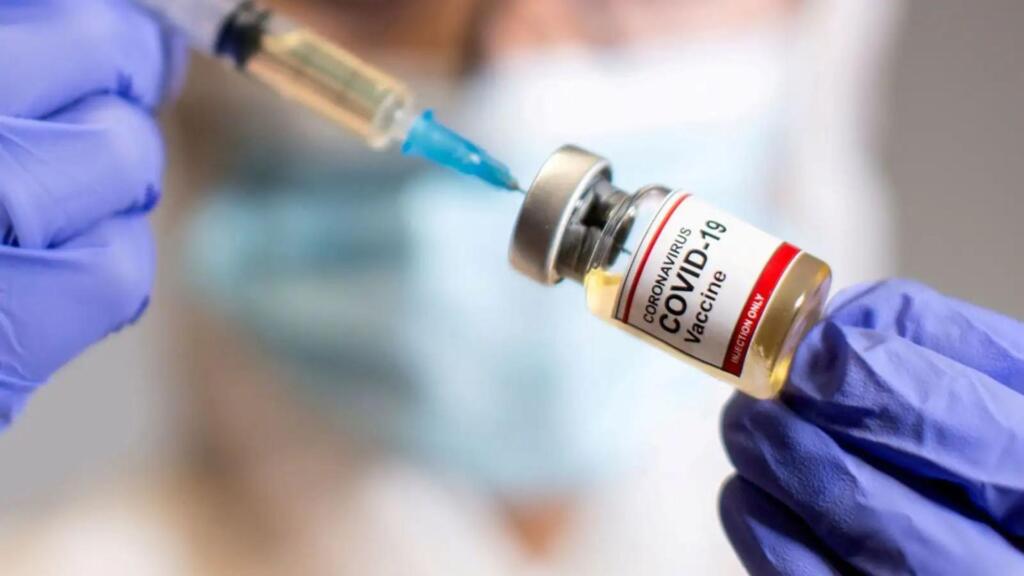The COVID-19 pandemic has posed unprecedented challenges to global public health, economies, and societies. Vaccination has emerged as a critical tool in controlling the spread of the virus and mitigating its impact. Among the vaccines authorized for emergency use, AstraZeneca’s COVID-19 vaccine, sold under the brand name Covishield in India, has been widely deployed in vaccination campaigns worldwide. However, recent revelations regarding potential rare side effects associated with the vaccine have sparked renewed conversations about vaccine safety and risk assessment.
Recent reports have highlighted AstraZeneca’s admission in U.K. court documents regarding the potential of its COVID-19 vaccine to cause Thrombosis with Thrombocytopenia Syndrome (TTS), a rare condition characterized by blood clotting and low platelet counts. While the occurrence of TTS is exceptionally rare, the admission underscores the importance of transparency in vaccine development and distribution. AstraZeneca’s acknowledgment enables individuals to weigh the potential risks against the benefits of vaccination and make informed decisions about their health.
It is essential to contextualize the risk of adverse events associated with COVID-19 vaccines within the broader landscape of public health. While TTS is a serious condition, occurring in very rare cases, the vast majority of vaccine recipients experience no such side effects. The benefits of COVID-19 vaccination, including reduced risk of severe illness, hospitalization, and death from the virus, far outweigh the potential risks associated with rare adverse events. Health authorities and experts emphasize the importance of understanding and communicating the rarity of adverse events to maintain public trust and confidence in vaccination efforts.
Healthcare professionals play a crucial role in providing accurate information and guidance to individuals regarding COVID-19 vaccination. Experts emphasize that any adverse events related to the vaccine typically occur within a few weeks to a month following vaccination. Dr. Rajeev Jayadevan, co-chairman of the National Indian Medical Association (IMA) Covid Task Force in Kerala, underscores that the risk of TTS diminishes over time, and individuals vaccinated in 2024 are not at significant risk. Additionally, experts highlight the importance of distinguishing between TTS and more common causes of cardiovascular events like heart attacks and strokes, which are influenced by various lifestyle factors and pre-existing health conditions.
Public awareness and education regarding vaccine safety are paramount in fostering trust and confidence in vaccination programs. Clear communication from healthcare authorities, transparent reporting of adverse events, and access to accurate information empower individuals to make informed decisions about their health and vaccination choices. It is crucial for individuals to consult healthcare professionals for personalized advice and guidance based on their unique circumstances and risk factors. By engaging in open dialogue and staying informed, individuals can navigate the complexities of vaccine safety and contribute to collective efforts to combat the COVID-19 pandemic.
In conclusion, AstraZeneca’s admission regarding the potential risk of TTS associated with its COVID-19 vaccine serves as a reminder of the dynamic nature of vaccine safety assessment and the importance of transparency in public health initiatives. While rare adverse events may occur, the overall benefits of COVID-19 vaccination in preventing severe illness and saving lives are substantial.
By understanding the rarity of adverse events, seeking guidance from healthcare professionals, and staying informed, individuals can make empowered decisions about their health and contribute to global efforts to control the spread of the virus. Ultimately, effective vaccination remains a cornerstone of the collective response to the COVID-19 pandemic, and efforts to ensure vaccine safety and public trust are essential in achieving widespread vaccination coverage and overcoming the challenges posed by the virus.
Also Read: Ban on MDH and Everest, Spices Under Scrutiny Because of Salmonella Contamination
